OUR PROGRAMS | INDIA
PRASAD Chikitsa Sustainable Community Development
With restoration and preservation of the Tansa Valley’s rich ecosystem as a guiding principle, PRASAD’s Sustainable Community Development programs aim to improve the quality of life by collaborating with residents to build thriving communities.
Taking a holistic approach, our programs address a community’s most pressing needs, helping its members to apply long-term solutions to challenges that may have plagued them for generations.
When women are empowered, they and their families thrive. Our Women’s Self-Help Groups encourage women to build personal confidence, achieve financial independence, and become community leaders.
PRASAD has taken a multi-pronged approach to support the environment and farmers. The Agriculture Program promotes cultivating diversified, year-round crops, increasing eco-friendly jobs, and improving family income and food security.
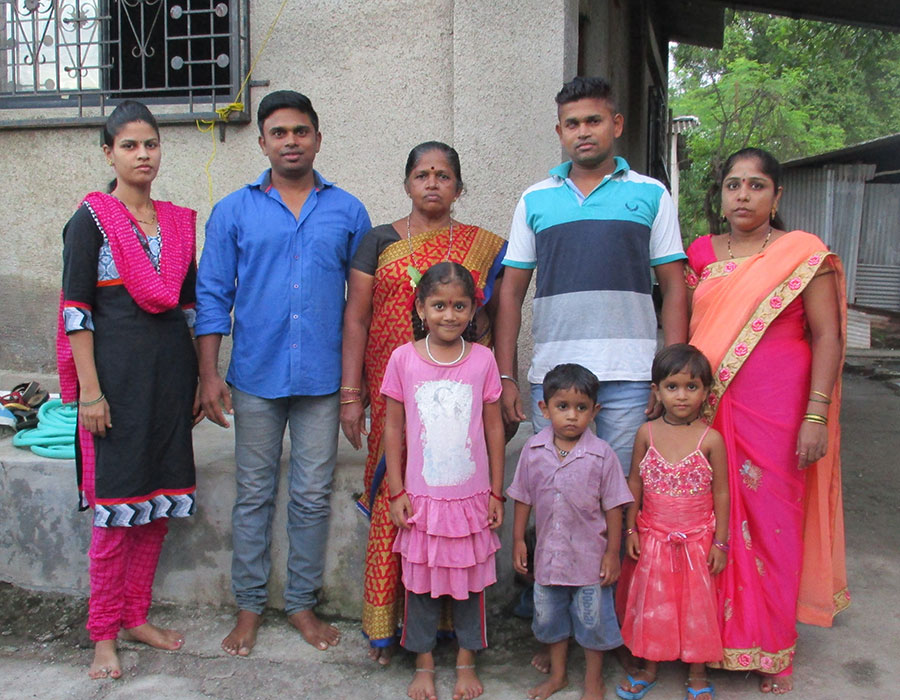
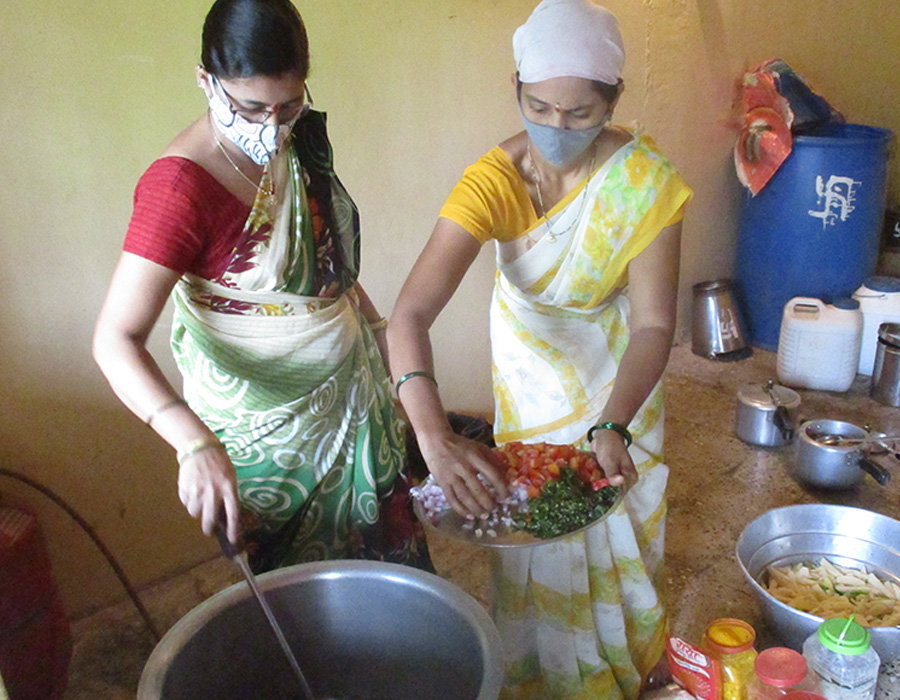
A good education creates opportunity. PRASAD helps young students in a range of ways and supports cultural heritage preservation through the arts.
PRASAD implements these programs via the Integrated Model Village Initiative, which works to improve villages, ensuring residents have access to essential services, including organic farming, healthcare, and water and sanitation, raising individual and community life quality.
Program Focus Areas
Stories
Stories from our Sustainable Community Development programs in India.
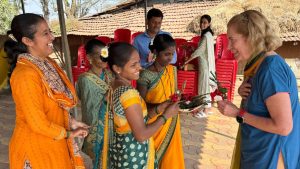
Budding News in Our Spring Newsletter
My Spring Contribution Our Spring Newsletter is brimming with joyful news of your tangible impact. Please take a few minutes and you’ll be encouraged by how we
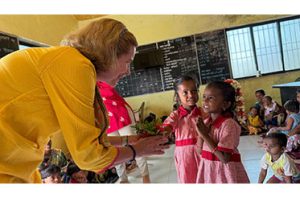
Experience this special moment with me
Keeping the beat with a soft tap of the “Mary-Jane” shoes that PRASAD supporters provided them, nine young girls welcomed us to their school with a
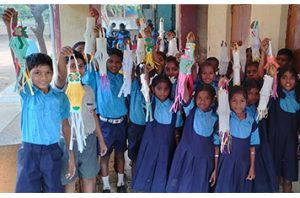
Our 33rd Anniversary!
I am delighted to celebrate the legacy of PRASAD, which has been crafted by the dedicated efforts and compassion of many individuals, including you, over
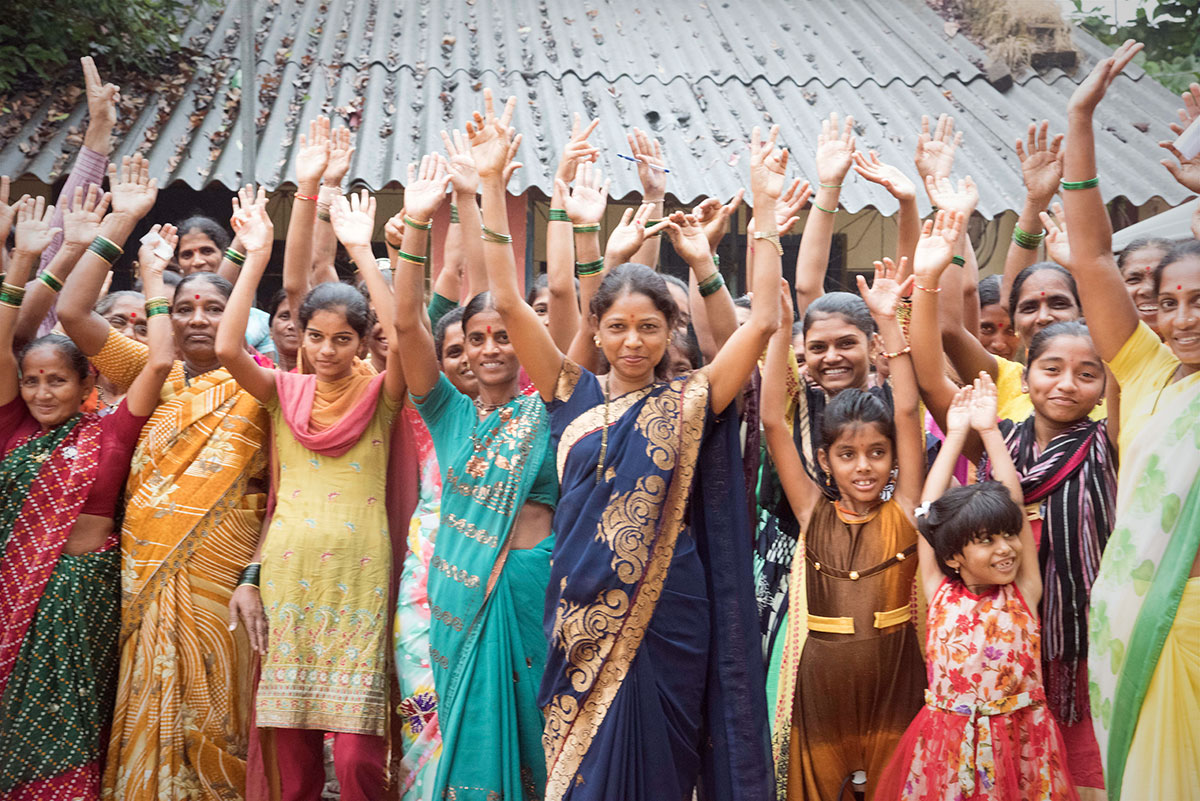
Help communities grow
PRASAD works within local conditions and alongside local cultures to change lives. There are a number of ways you can support PRASAD, whether through ongoing monthly giving or a one-time donation.




